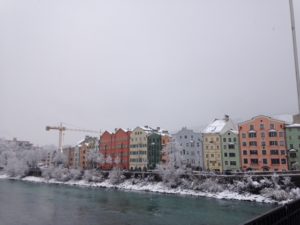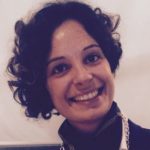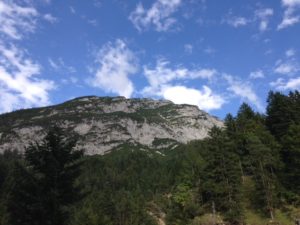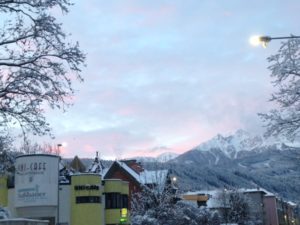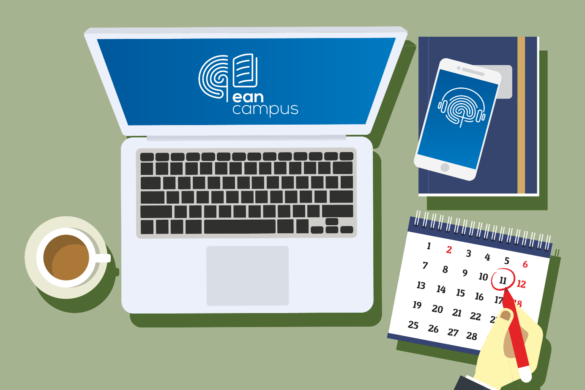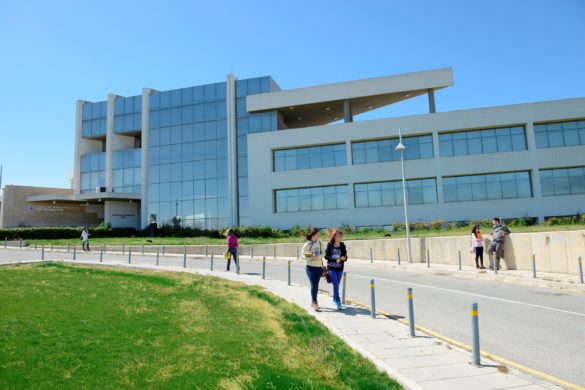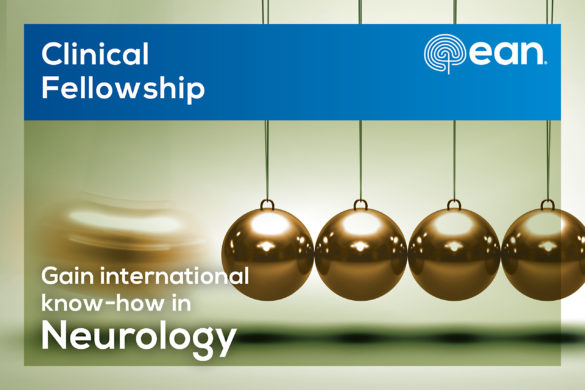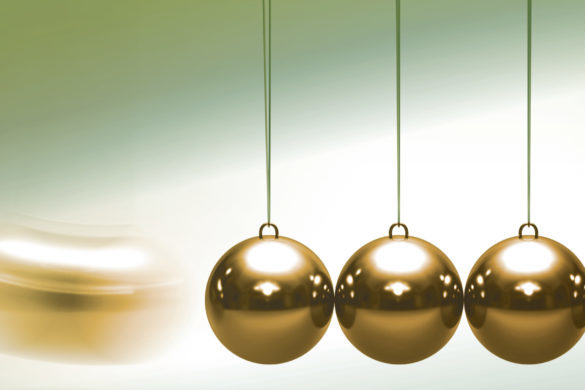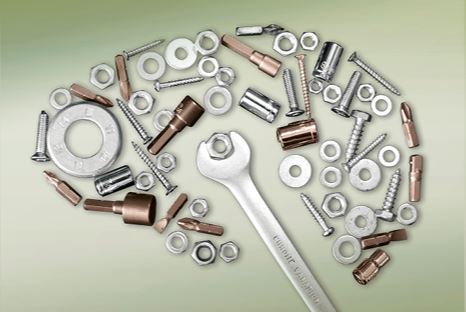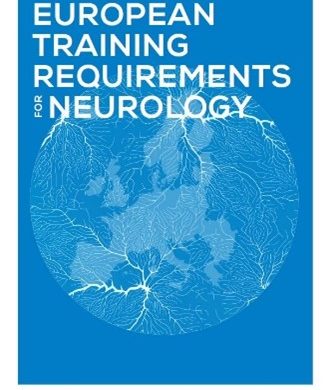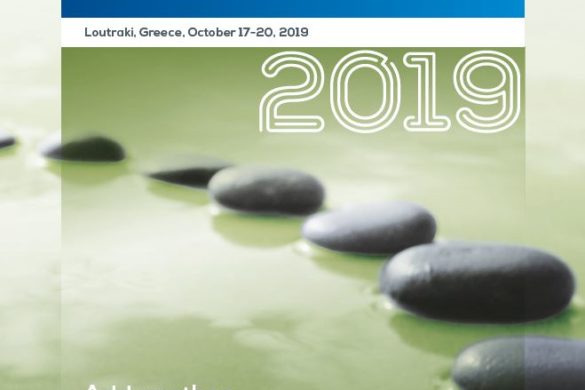It is with great gratitude and pleasure that I report my European Academy of Neurology Research Fellowship at the Clinical Department of Neurology, Medical University of Innsbruck. This 8-months experience (March-October 2017), performed under the supervision of Professor Markus Reindl, allowed me to join an excellent research center for the study of antibody-mediated disorders of the Central Nervous System. Upon my arrival, Prof. Reindl introduced me to all the members of the laboratory, explained me his research projects and gave me the opportunity to attend the lectures organized in the laboratory and the courses of the PhD program.
Monday mornings were reserved for reports presented by PhD students or Journal Clubs. This gave me the opportunity to present my research, learn other ongoing projects and critically discuss some recently reported papers. During my fellowship I analysed anti-myelin oligodendrocyte glycoprotein antibodies (MOG-Ab) in a large cohort of patients with well defined clinical and paraclinical data. I learned the technique of MOG-Ab detection using cell-based assays and how to read the results using a fluorescence microscopy, always accompanied by my supervisor.
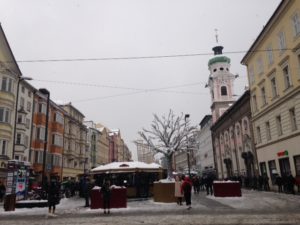 We also established the analysis of MOG-Ab IgG subtypes in this large cohort of subjects. We had frequent discussion on the progress of the research and the results, now accepted for publication as a case report (“MOG antibody seropositivity in a patient with encephalitis: beyond the classical syndrome”, BMC case report) and two full papers (“Clinical spectrum and IgG subclass analysis of anti-myelin oligodendrocyte glycoprotein antibody-associated syndromes: a multicenter study”, Journal of Neurology and “Serum neurofilament light chain in NMOSD and related disorders: comparison according to aquaporin-4 and myelin oligodendrocyte glycoprotein antibodies status” accepted on MSJ-ETC). Moreover, I had the possibility to present our research results at different European congresses (EAN in Amsterdam, ECTRISM/ACTRIMS in Paris, AINI in Venice).
We also established the analysis of MOG-Ab IgG subtypes in this large cohort of subjects. We had frequent discussion on the progress of the research and the results, now accepted for publication as a case report (“MOG antibody seropositivity in a patient with encephalitis: beyond the classical syndrome”, BMC case report) and two full papers (“Clinical spectrum and IgG subclass analysis of anti-myelin oligodendrocyte glycoprotein antibody-associated syndromes: a multicenter study”, Journal of Neurology and “Serum neurofilament light chain in NMOSD and related disorders: comparison according to aquaporin-4 and myelin oligodendrocyte glycoprotein antibodies status” accepted on MSJ-ETC). Moreover, I had the possibility to present our research results at different European congresses (EAN in Amsterdam, ECTRISM/ACTRIMS in Paris, AINI in Venice).
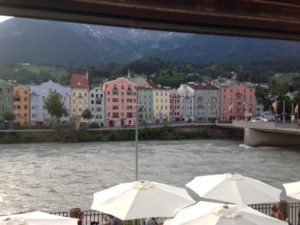 During my experience I also had fruitful discussions with Prof. Reindl on a large number of results of patients tested for antibodies anti-surface antigens and I had the opportunity to learn other techniques, including PBMC isolation and ELISA detection of specific cytokines. It will be an honor to present the results of this last study at the annual meeting of the American Academy of Neurology next year. Prof. Reindl gave me valuable advices also for my future research activities and gave me the opportunity to expand my experience discussing cases and learning immunohistochemical analysis from Prof. Romana Höftberger, a neuropathologist dedicated to the study of autoimmune encephalomyelitis. During my fellowship Prof. Reindl was always prone to the discussion and positively encouraged and directed the projects and the rise of novel collaborations with his great experience. From him I learned how to design a study and finalyse all the processes involved in the writing and submission of a scientific paper as well as the importance of collaborations and scientific honesty. This experience made me rethink my abilities and the scientific approach I learned will be crucial for my future as a physician and researcher. I am also very grateful to Kathrin Schanda for her time, patient, and essential support, it was a privilege to work with her and discuss scientific topics. Finally, I would like to particularly mention Patrick Peschl and Livia Hofer for their excellent support. The whole group made me feel part of the team and also allowed me to enjoy the wonderful landscapes and mountains in Innsbruck during the Betriebsausflug. It was an unforgettable scientific and life experience, which allowed me to create new collaborations and provide novel expertise in my own city. This period will forever remain a major contributor behind my future scientific career.
During my experience I also had fruitful discussions with Prof. Reindl on a large number of results of patients tested for antibodies anti-surface antigens and I had the opportunity to learn other techniques, including PBMC isolation and ELISA detection of specific cytokines. It will be an honor to present the results of this last study at the annual meeting of the American Academy of Neurology next year. Prof. Reindl gave me valuable advices also for my future research activities and gave me the opportunity to expand my experience discussing cases and learning immunohistochemical analysis from Prof. Romana Höftberger, a neuropathologist dedicated to the study of autoimmune encephalomyelitis. During my fellowship Prof. Reindl was always prone to the discussion and positively encouraged and directed the projects and the rise of novel collaborations with his great experience. From him I learned how to design a study and finalyse all the processes involved in the writing and submission of a scientific paper as well as the importance of collaborations and scientific honesty. This experience made me rethink my abilities and the scientific approach I learned will be crucial for my future as a physician and researcher. I am also very grateful to Kathrin Schanda for her time, patient, and essential support, it was a privilege to work with her and discuss scientific topics. Finally, I would like to particularly mention Patrick Peschl and Livia Hofer for their excellent support. The whole group made me feel part of the team and also allowed me to enjoy the wonderful landscapes and mountains in Innsbruck during the Betriebsausflug. It was an unforgettable scientific and life experience, which allowed me to create new collaborations and provide novel expertise in my own city. This period will forever remain a major contributor behind my future scientific career.

